Caio Davi
PSO-PINN: Physics-Informed Neural Networks Trained with Particle Swarm Optimization
Feb 04, 2022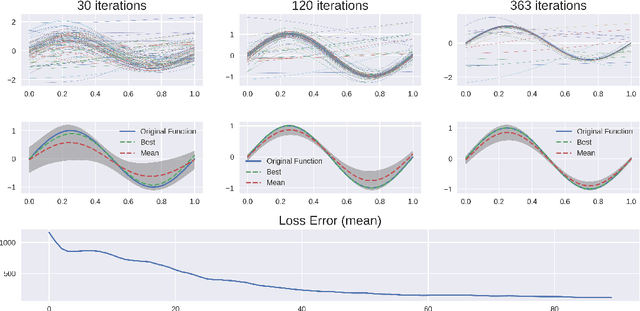

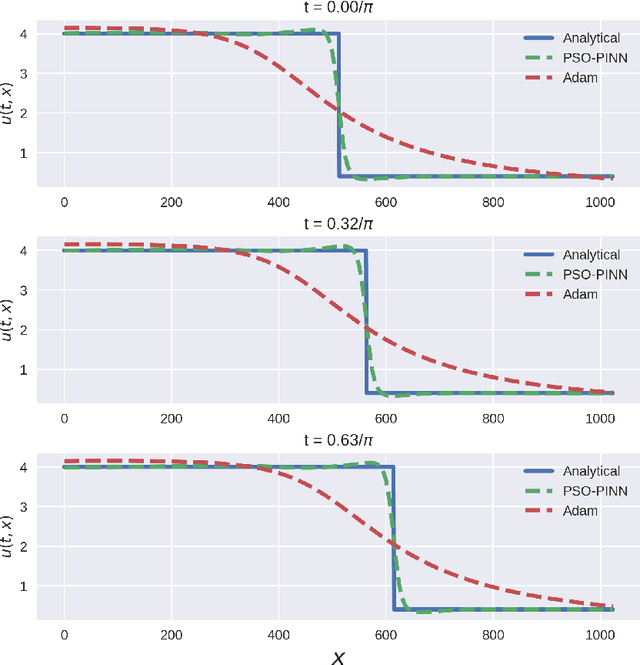
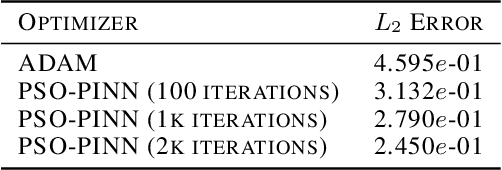
Abstract:Physics-informed neural networks (PINNs) have recently emerged as a promising application of deep learning in a wide range of engineering and scientific problems based on partial differential equation models. However, evidence shows that PINN training by gradient descent displays pathologies and stiffness in gradient flow dynamics. In this paper, we propose the use of a hybrid particle swarm optimization and gradient descent approach to train PINNs. The resulting PSO-PINN algorithm not only mitigates the undesired behaviors of PINNs trained with standard gradient descent, but also presents an ensemble approach to PINN that affords the possibility of robust predictions with quantified uncertainty. Experimental results using the Poisson, advection, and Burgers equations show that PSO-PINN consistently outperforms a baseline PINN trained with Adam gradient descent.
A Semi-Supervised Generative Adversarial Network for Prediction of Genetic Disease Outcomes
Jul 02, 2020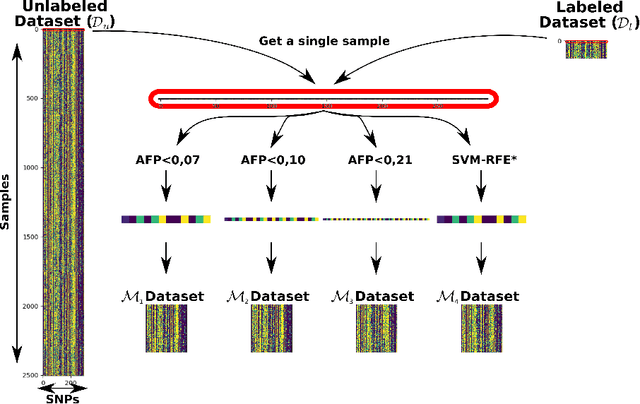
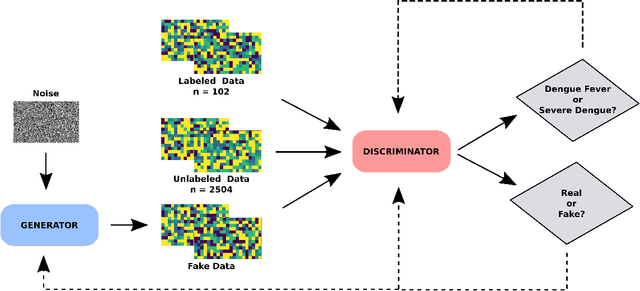
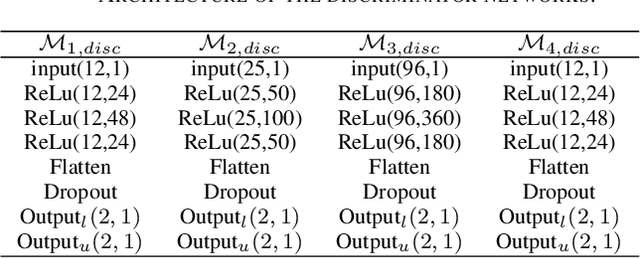
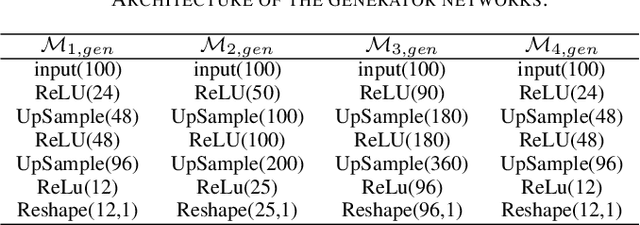
Abstract:For most diseases, building large databases of labeled genetic data is an expensive and time-demanding task. To address this, we introduce genetic Generative Adversarial Networks (gGAN), a semi-supervised approach based on an innovative GAN architecture to create large synthetic genetic data sets starting with a small amount of labeled data and a large amount of unlabeled data. Our goal is to determine the propensity of a new individual to develop the severe form of the illness from their genetic profile alone. The proposed model achieved satisfactory results using real genetic data from different datasets and populations, in which the test populations may not have the same genetic profiles. The proposed model is self-aware and capable of determining whether a new genetic profile has enough compatibility with the data on which the network was trained and is thus suitable for prediction. The code and datasets used can be found at https://github.com/caio-davi/gGAN.
 Add to Chrome
Add to Chrome Add to Firefox
Add to Firefox Add to Edge
Add to Edge